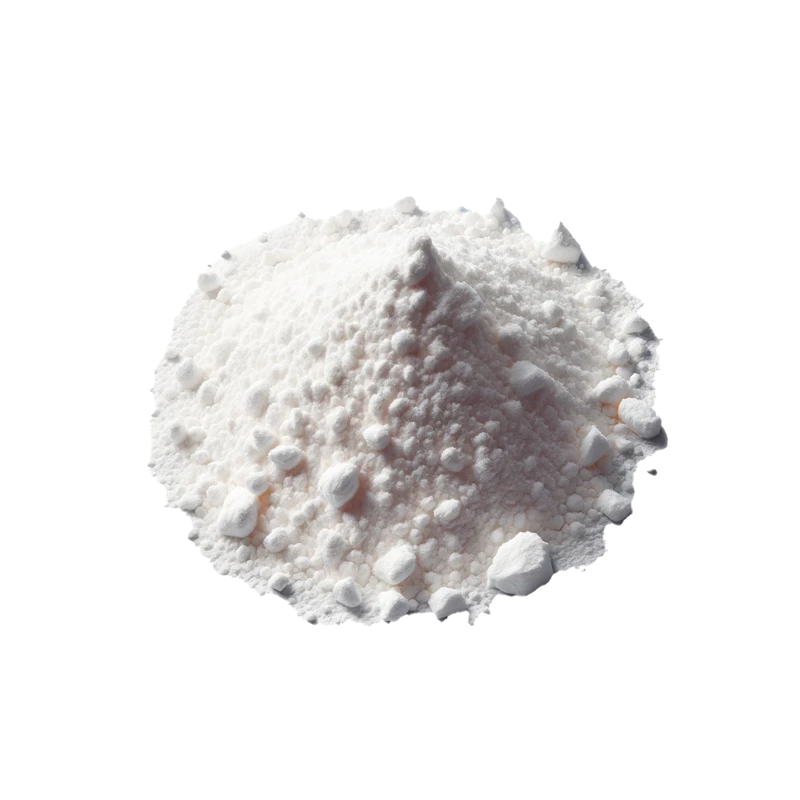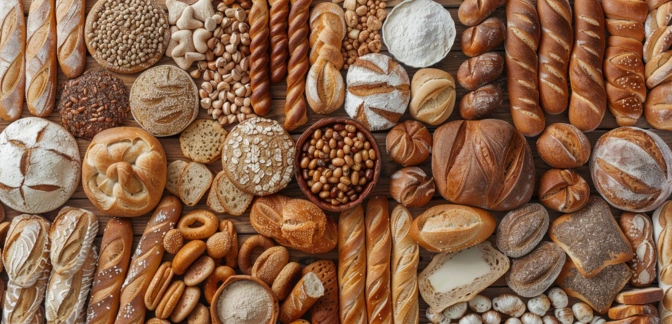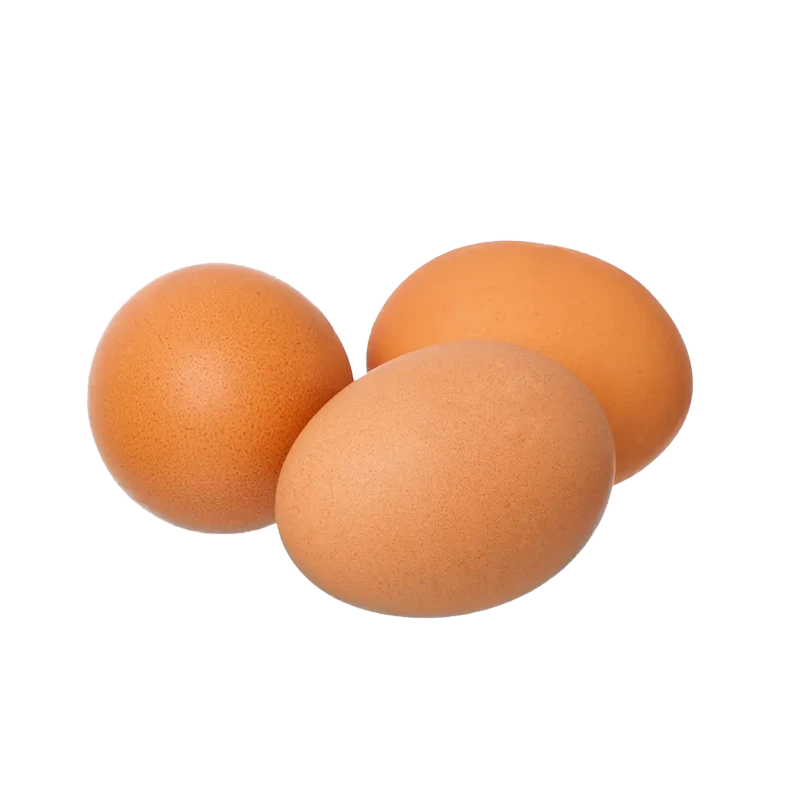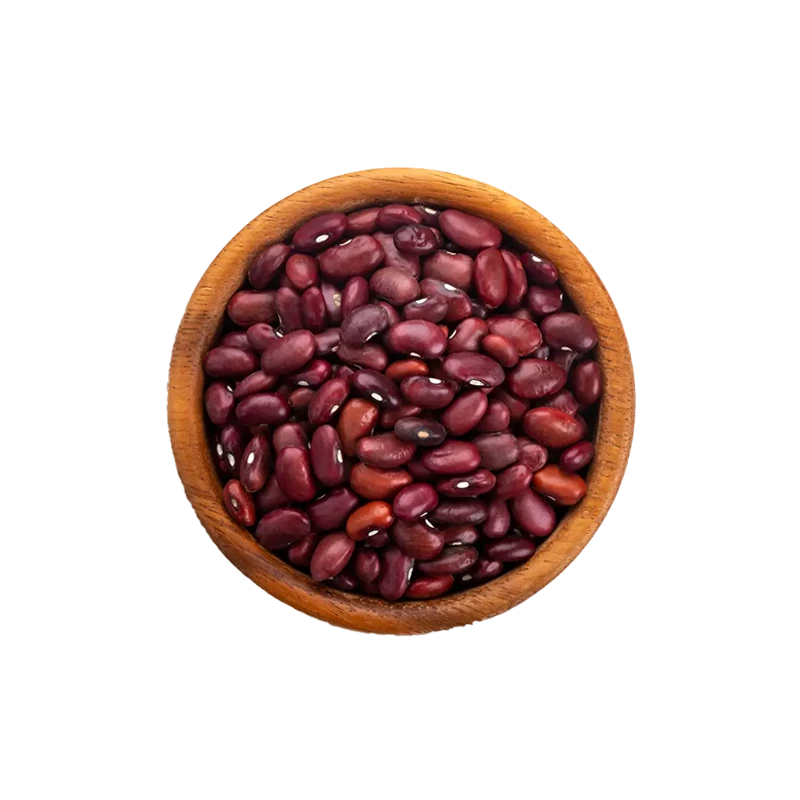Corn Starch — Nutrients, Health Benefits, and Shopping Tips

Written by Listonic Team
Last update on September 6, 2024
Nutrients
Nutrition facts
Amount per 100 g
Calories
🔥 381 kcal
| Nutrients per: 100 g | Value | % Daily Value* |
|---|---|---|
| Carbs | 91 g | 33.09% |
| Fiber | 1 g | 3.57% |
| Sugars | 0 g | - |
| Glycemic Index | 95 | - |
| Protein | 0 g | - |
| Sodium | 9 mg | 0.39% |
| Total Fat | 0 | - |
*The % of Daily Value (DV) tells you how much a nutrient in a serving of food contributes to a daily diet. 2,000 calories a day is used for general nutrition advice.
Key takeaways
Health benefits
- Thickening agent for soups, sauces, and gravies, enhancing texture and consistency without adding flavor.
- Gluten-free, making it a suitable thickening option for those with celiac disease or gluten intolerance.
- Provides quick energy from its carbohydrate content, useful for a rapid energy boost.
Health risks
- High glycemic index which can cause rapid spikes in blood sugar levels, particularly concerning for diabetics or those on low-carb diets.
- Low nutrient density as corn starch is a refined carbohydrate, offering little nutritional value beyond calories.
- Risk of digestive discomfort such as bloating or gas when consumed in large quantities, especially in individuals sensitive to starchy foods.
- Potential for gluten cross-contamination in some brands, which can pose a risk for individuals with celiac disease or gluten sensitivity.
How to choose corn starch
Good quality corn starch is a fine, white powder without any clumps or a chalky texture. Check the packaging to ensure it is airtight and moisture-free, which is essential to maintain its thickening properties.
Avoid corn starch that feels gritty or has a musty smell, as this can indicate contamination or poor storage. Quality corn starch should dissolve smoothly in liquids and create a translucent mixture when cooked.

How to store corn starch
Corn starch should be stored in an airtight container in a cool, dry place. A pantry or cupboard away from heat and moisture is ideal. Properly stored, corn starch can last indefinitely.
Exposure to moisture can cause corn starch to clump and lose effectiveness. Avoid storing it near the stove or in humid areas. Ensuring the container is sealed tightly helps maintain its powdery consistency and prevents contamination.
✅ Extra Tip
How long does it last?
Corn starch can last indefinitely when stored in an airtight container in a cool, dry place. Proper storage helps maintain its quality and effectiveness.
What to do with leftovers?
Leftover corn starch is incredibly versatile and can be used in a variety of culinary and non-culinary applications. In the kitchen, corn starch is often used as a thickening agent for sauces, gravies, soups, and puddings. It’s also useful for creating a crispy coating on fried foods by mixing it with flour.
Beyond cooking, corn starch has several practical household uses. It can be used as a natural substitute for baby powder to keep skin dry and prevent irritation. Corn starch can also be used to remove grease stains from fabric by sprinkling it on the stain and letting it absorb the oil before washing. Additionally, corn starch can be used to make homemade play dough or mixed with water to create a non-Newtonian fluid that’s fun for kids to play with. Corn starch can also be used as a natural remedy to soothe sunburns or skin irritations when mixed with water to create a paste and applied to the skin.
👨⚕️️ Medical disclaimer
Discover products from other categories
Listonic Team
Fact-checked
Our editorial team checked this article to make sure it was accurate at the time of publishing it.
Get the top-rated shopping list app

corn starch







